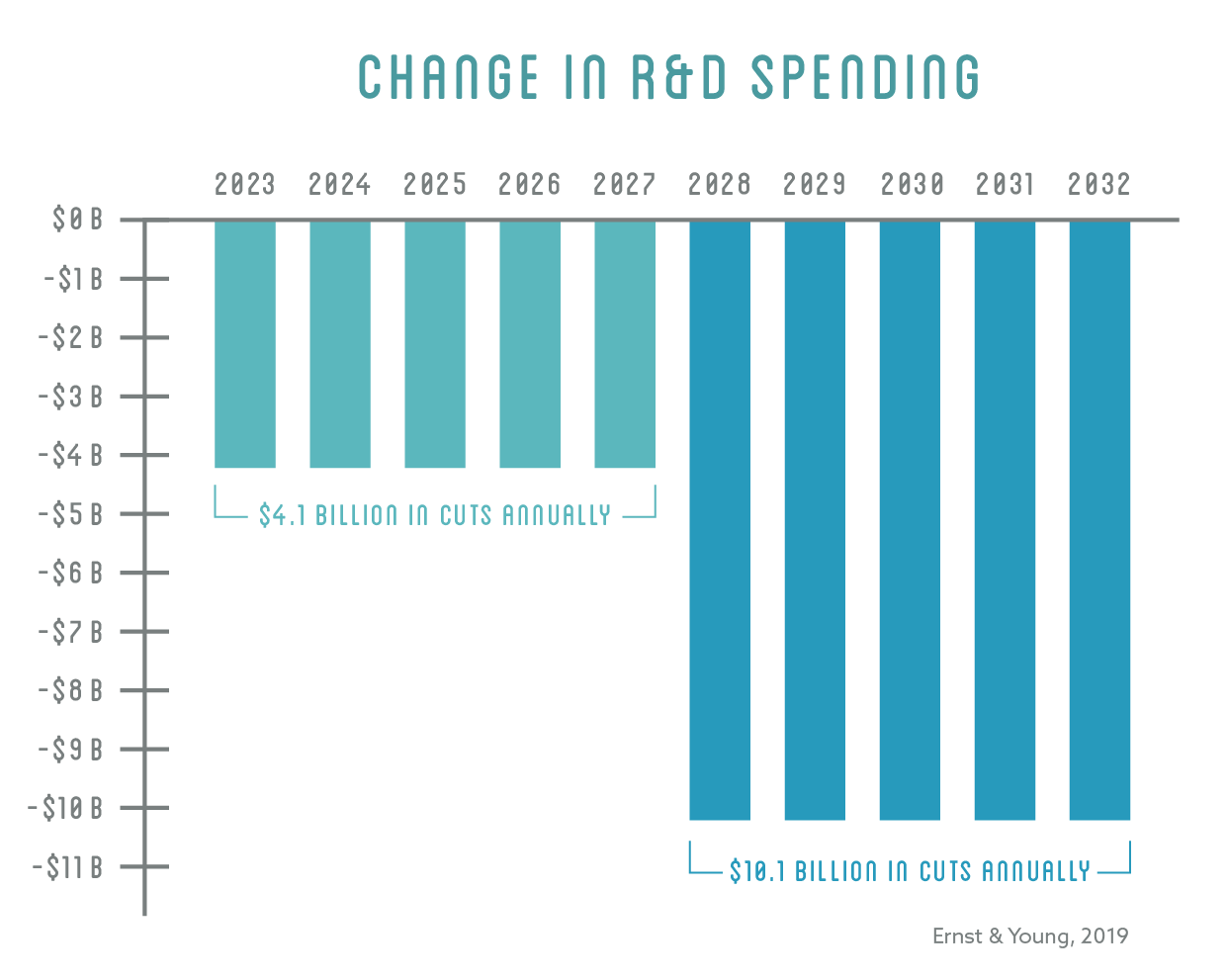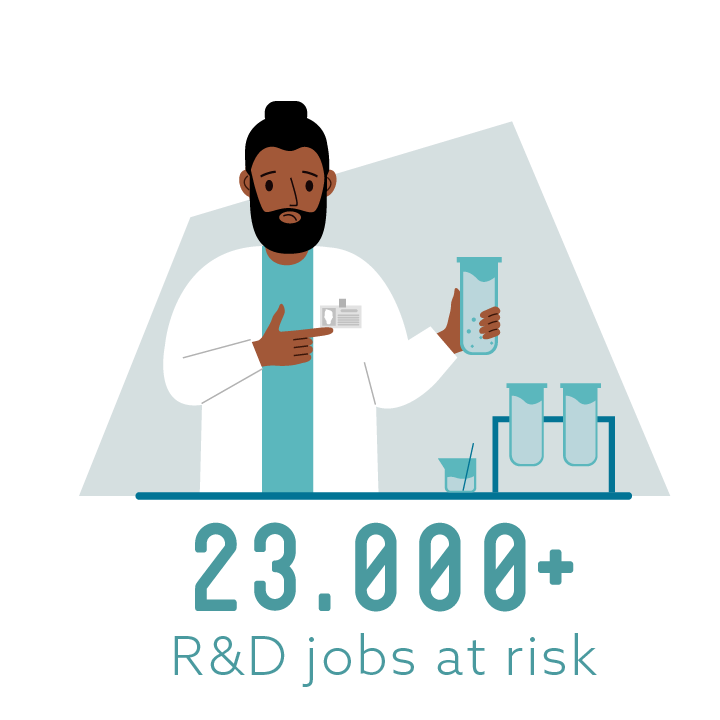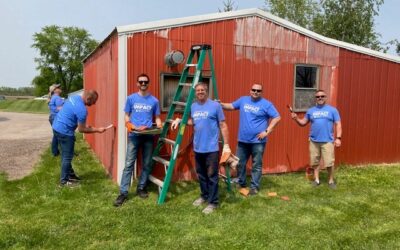Late last month, CFO Mark McConnell and I had the opportunity to join fellow automotive industry leaders and advocates with MEMA (Motor & Equipment Manufacturers Association) at the Advocacy Legislative Summit in Washington, D.C. There we met directly with lawmakers and regulators to address some of the most pressing issues that are impacting the industry, including the United States Chips and Science Act (CHIPS) as well as pending legislation to address tax credits for automotive research and development.
We were encouraged to see that lawmakers and regulators both seem passionate to see growth in manufacturing technology capabilities and position the United States once again as a leading player in global manufacturing.
There were a couple of specific topics that we see as critical for advancing innovation and competitiveness in order for the automotive industry to thrive in the future.
Issue #1: New R&D tax credit policies are already costing billions
Probably the most salient issue for Coastal Automotive and other Michigan manufacturers is the erosion of R&D tax benefits due to tax overhaul laws from 2017. Prior to recent policy changes that affect the treatment of tax credits for R&D related expenses, the U.S already ranked near the bottom of OECD countries with respect to tax incentives (27th out of 37).

New policy prevents companies from immediate relief of R&D expenses the same year they occur, instead requiring them to be amortized over five years. We’ve already seen the impact of this in our industry, and experts from Big Four accounting firm Ernst & Young forecast companies will continue to cut R&D spending by as much at $4.1–$10.1 billion annually for the next decade.
This policy is not in alignment with lawmakers’ vision for a U.S. manufacturing powerhouse:
- It affects jobs—178 finance chiefs said the amortization requirement could cost more than 23,000 U.S. R&D jobs over the next five years.
- It slows down emerging technologies.
- And it handcuffs innovators who need R&D to compete with overseas companies that have the full support of their own nations.

When we met with Michigan Senator Debbie Stabenow on this topic, we were glad to see enthusiasm for results, but were disappointed to hear that politics have slowed down what once was overwhelmingly supported bi-partisan legislation that would provide relief in the American Innovation and Jobs Act. We will continue to advocate for a fast, effective change to this policy.
Issue #2: Workforce development requires innovative solutions from higher ed
Coastal Automotive prides itself on the ability to think innovatively and create solutions for our customers. We apply this same creativity to our talent acquisition and employee development. We’re actively in talks with universities, technical training centers and high schools to discuss how we can better prepare the next generation for jobs that are going to be key to seeing manufacturing flourish in our region.
While we’re proud to pioneer these types of connections, we know that we can’t do it alone. In Washington, we spoke with several decision makers about the importance of developing our workforce to address the fast-paced changes in our industry, including Industry 4.0 technologies like additive manufacturing, big data, automation and artificial intelligence.
The manufacturing floors of this generation look completely different than those of 20 years ago, and the pace of change is only going to accelerate from here. Manufacturing needs intelligent, forward-thinking educational programs that produce well-rounded and highly-skilled individuals. We need legislators to hear this and respond by working both with the educational branches as well as manufacturers to establish support and funding of programs that best meet the future requirements of our industry.
Wrapping Up
While Coastal Automotive was one of the smaller companies with representation in DC, we also stood side by side with other manufacturers including Antolin, Bosch, Magna and others that echoed our same concerns. My team and I are all grateful for the work of our partners including MEMA, who have made great contributions to policy and help to organize advocacy summits like this one.

About Shaun Sikora
Long-time company leader, Shaun Sikora, has worked with Coastal Automotive since its inception—bringing over 25 years of automotive expertise to the role.


